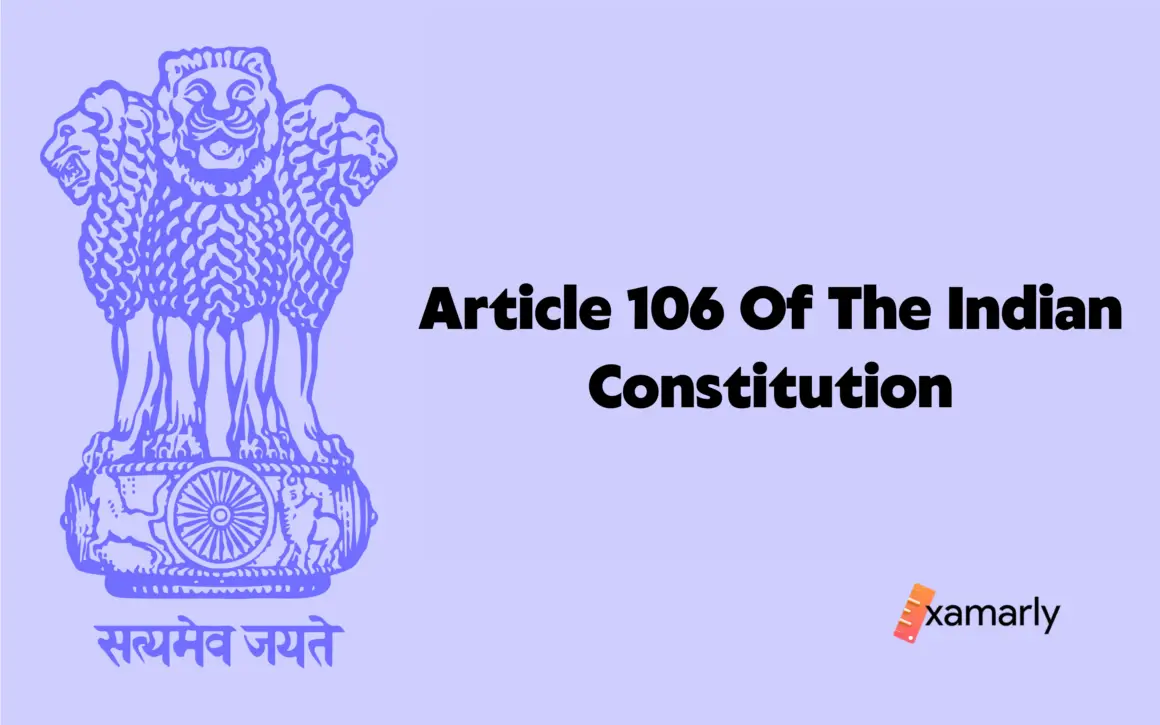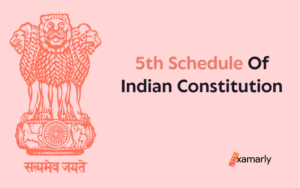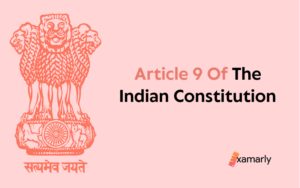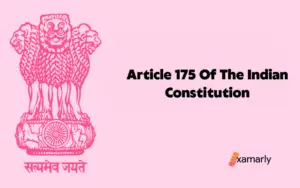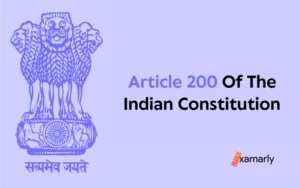An Overview
Article 106 of the Indian Constitution discusses all the provisions related to salaries and the allowances of the members of Parliament. This article reflects on the authority of the Parliament to make laws about subsidies and pay.
What does Article 106 of the Indian Constitution Say?
The Article in the constitution goes like this “106. Salaries and allowances of members Members of either House of Parliament shall be entitled to receive such salaries and allowances as may from time to time be determined by Parliament by law and, until provision in that in that respect is so made, allowances at such rates and upon such conditions as were immediately before the commencement of this Constitution applicable in the case of members of the Constituent Assembly of the Dominion of India Legislative Procedure”
Let us break down Article 106 of the Indian Constitution and get a deeper understanding of the concept.
The aforementioned articles say that the salaries and allowances that the Members of either house of the Parliament (that is Rajya Sabha and Lok Sabha) are entitled to will be varying as per the provisions of the Parliament about them will vary.
Article 103 also says that until the Parliament makes any provisions to decide the rates and conditions for the salaries and allowances for the members, the members will have their salaries and allowances defined as they used to before the commencement of the Indian Constitution.
The members will receive their salaries according to the payment provisions of those for the members of the Constituent Assembly.
Related Articles
- Article 104 Of The Indian Constitution
- Article 105 Of The Indian Constitution
- Article 92 Of The Indian Constitution
Some Facts About The Article 106 Of The Indian Constitution
The power and authority that the Parliament gets from this Article were used by the Parliament in 1954 to create the Salary, Allowances, and Pension of Members of Parliament Act 1954.
Till today, the salaries and allowances of the members of Parliament are decided according to this act. As a matter of fact, there was no such provision for pension in the Indian Constitution for the members of Parliament. But, with the help of this Act, the pension for the members of Parliament was added in 1976.
Talking about the recent scenario on this Act, the provisions in this Act are amended from time to time. According to the amendment that happened in 2018, a member of Parliament is entitled to receive the amount of Rs. 100,000 per month as his salary.
Apart from this, a Member of Parliament is also entitled to other allowances such as constituency allowance, office expenses, daily allowance, travel facilities, free residence, telecommunication, and medical benefits among others.
Summing Up
We can conclude from this Article that the Parliament has all the authority and power to decide upon the wages for a Member of Parliament. To today, it is providing our Members of Parliament with all the necessary resources and facilities.


